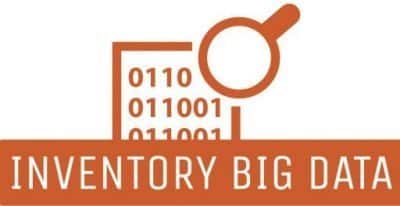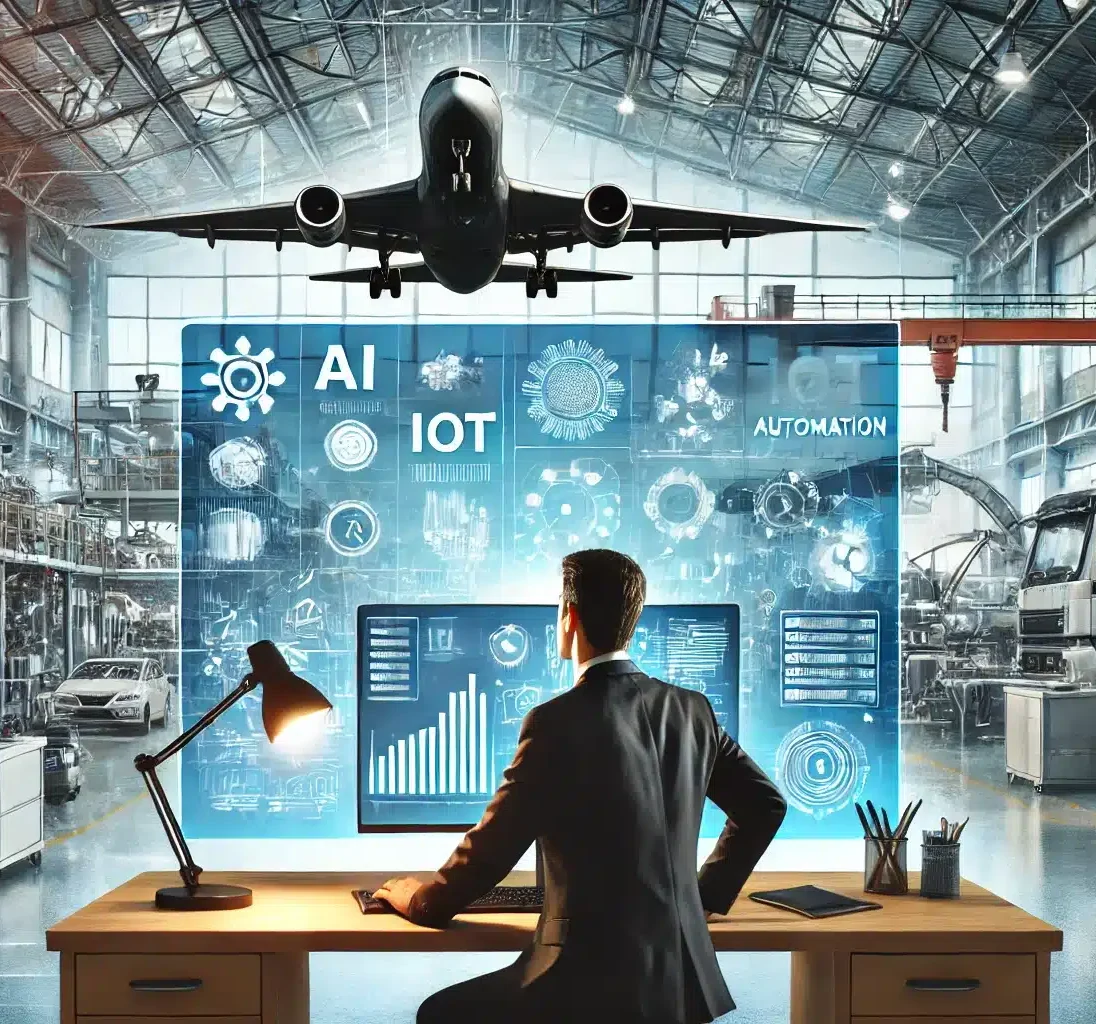Description
The aerospace and automotive industries are at the forefront of technological innovation and operational complexity. For IT Directors operating in these sectors, the challenges are unique and demanding, requiring a specific approach to their management. This article highlights the main challenges faced by these professionals and offers practical solutions to overcome them, focusing on digital transformation, cybersecurity, and the integration of advanced technologies.
Main Challenges
- Management of operational complexity: In the aerospace and automotive industries, production involves highly technological and often sensitive processes, with a high level of interoperability between various systems. IT Directors must manage this complexity while ensuring the efficiency and accuracy of operations. The slightest failure can lead to costly delays or critical security issues.
- Cybersecurity and data protection: These industries are prime targets for cyberattacks due to the value of the technical data and trade secrets they hold. The task of protecting these data while complying with global data privacy and security regulations is a major challenge.
- Innovation and technological adoption: With the rapid emergence of new technologies such as AI, IoT, and automation, staying up to date and effectively integrating these innovations into existing operations is a daunting task. IT Directors must assess which technology will add real value while calculating the return on investment and potential impacts on the existing workflow.
Strategic Solutions
- Adoption of modular and flexible architectures: To manage complexity, IT Directors can implement modular IT systems that allow greater flexibility in integrating new technologies and processes. These architectures must be designed to be scalable and robust, facilitating updates and expansions without disrupting ongoing operations.
- Advanced cybersecurity strategies: In the face of security risks, a multi-layered approach to cybersecurity is essential. This includes not only advanced technological solutions such as end-to-end encryption and real-time threat detection but also ongoing training of employees on best security practices. Collaborating with security experts for regular audits and penetration testing can also strengthen defenses.
- Frameworks for technological evaluation: To optimize the integration of new technologies, IT Directors must develop rigorous evaluation frameworks to examine the benefits, costs, and risks associated with each new technology. This often involves piloting projects on a small scale before a large-scale deployment, ensuring that the innovation is both practical and beneficial.
Conclusion
IT Directors in the aerospace and automotive industries play a crucial role not only in maintaining day-to-day operations but also in leading technological innovation and risk management. By adopting proactive strategies and preparing to integrate technological advancements thoughtfully, they can transform these challenges into opportunities for growth and increased efficiency. The key lies in a balanced approach that combines security, innovation, and operational performance.




